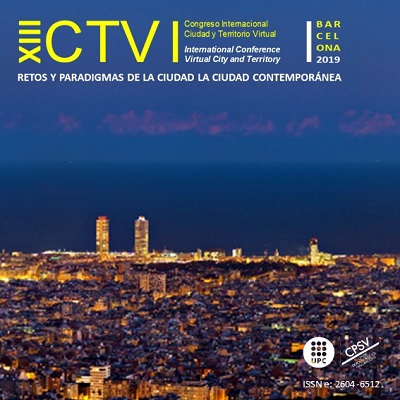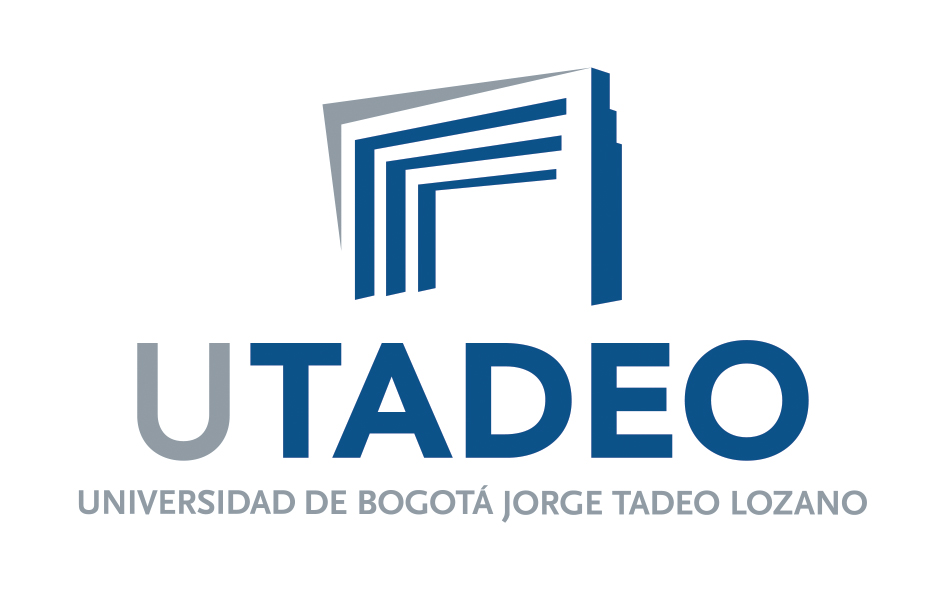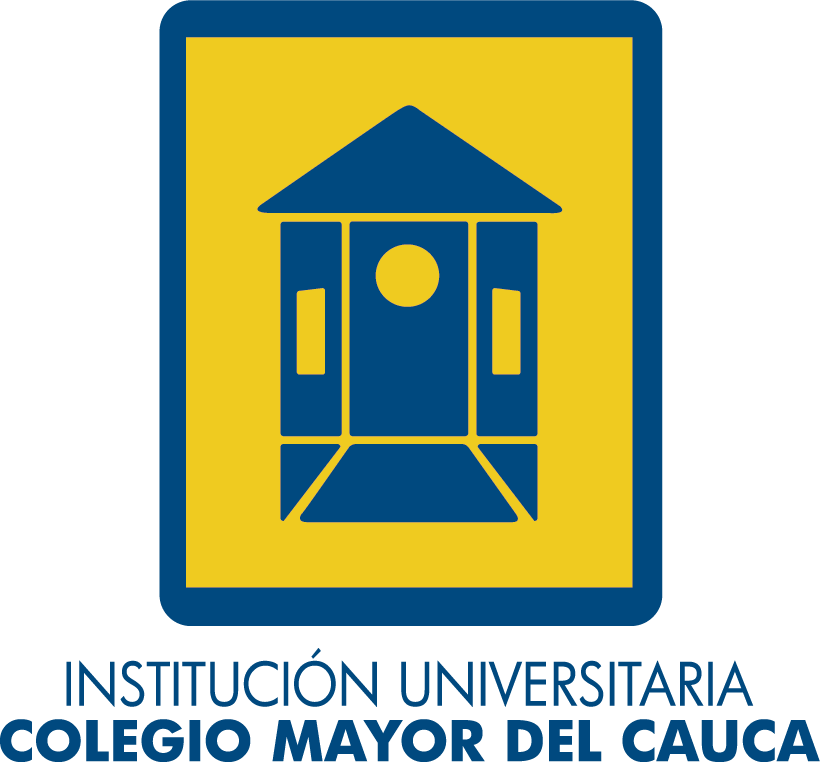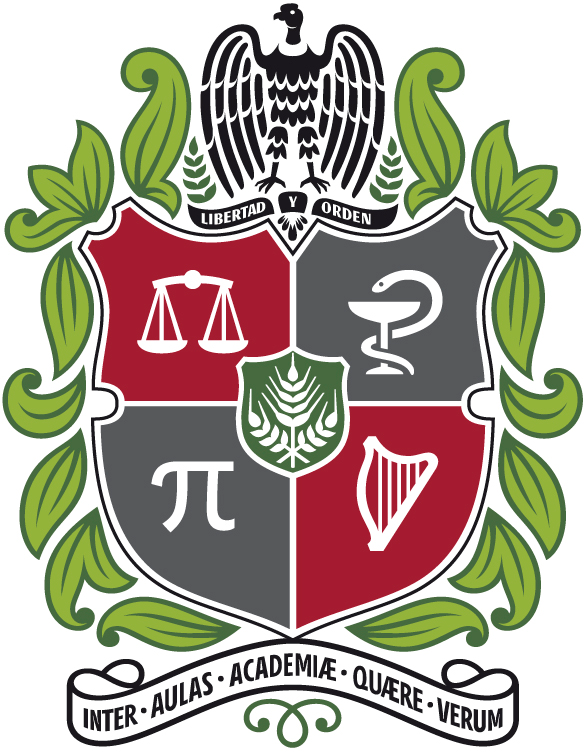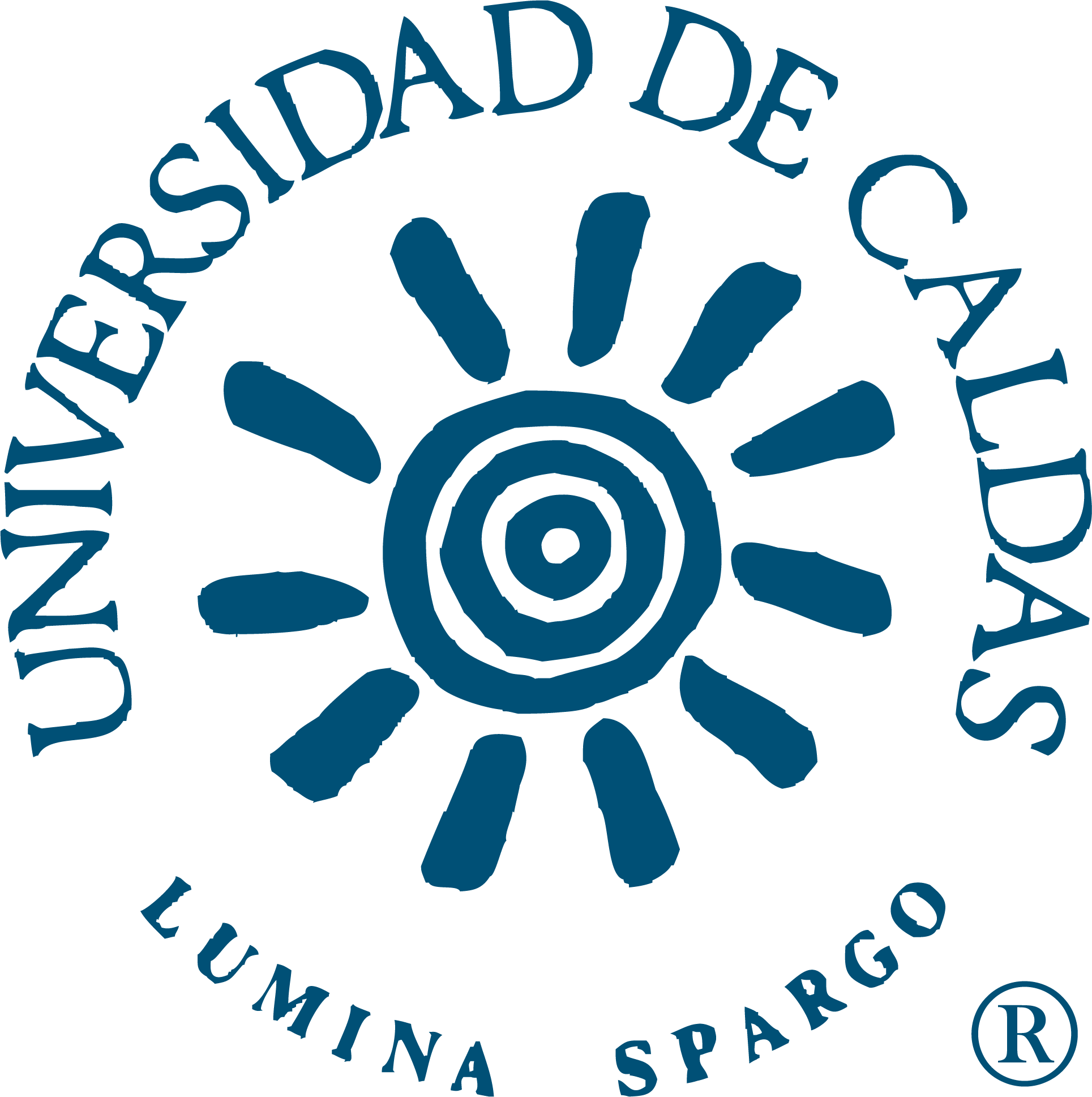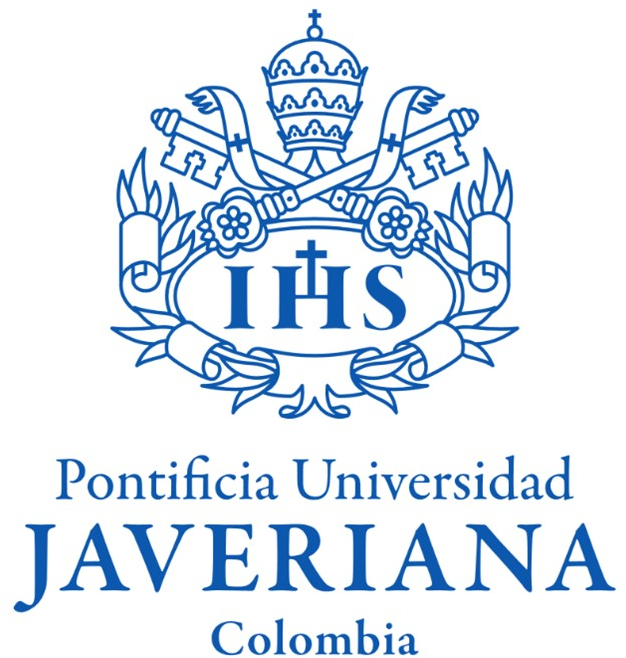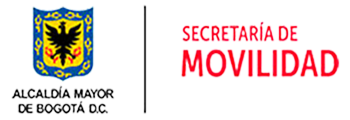From Energy Efficiency to Ecological Transition. Urban Rehabilitation as a Driver of Change
DOI:
https://doi.org/10.5821/ctv.8745Keywords:
Energy efficiency, eco-transition, urban sustainabilityAbstract
This article deals with the results obtained in a research being carried out within the framework of the project "EnerValor" (EnerValor, 2015), with the aim of analysing the positive effects that an intersectional regulatory framework can achieve in the process of ecological transition undertaken from the Spanish State. In this process highlights as a fundamental element the improvement of the energy efficiency conditions of buildings, both new construction and those undergoing rehabilitation (art. 3.3) (Real Decreto Legislativo 7/2015).
The methodology used has consisted in the analysis and evaluation of several mandatory standards in areas such as urban planning, the environment and the building industry and always referring to new residential buildings and refurbishment of existing ones to achieve the strategic objectives set out in the European Energy Action Plan: 2020, 20% reduction in consumption, 20% introduction of renewables, 20% reduction in greenhouse gas emissions ([COM(2010) 639 final de 10.11.2010]). Together with this, the next milestone is that of Europe 2030 developed through a framework for action on climate change and energy policy. This framework aims to support progress towards the development of a competitive economy and a secure energy system (Plan Nacional de Adaptación al Cambio Climático, PNACC).
The norms analysed have as a common thread the Law of Urban Land and Rehabilitation because, based on the principle of sustainable urban and territorial development, it prescribes that regulation, planning, occupation, transformation and land use have as their common purpose their use in the general interest. Natural resources need to be used rationally by harmonizing the requirements of the economy, employment, social cohesion, equal treatment and opportunities, health and safety of people and environmental protection (art. 3.1 y art. 3.2) (Real Decreto Legislativo 7/2015). This Law requires the evaluation and monitoring of the sustainability of urban development with the guarantee of technical and economic viability of urban environment actions. To this end, is required the authorities responsible for urban planning and implementation to draw up a report on the monitoring of urban development activities falling within their competence, which should consider both environmental and economic sustainability (art. 22.6) (Real Decreto Legislativo 7/2015).
The regulations and documents discussed in the context described above are as follows:
- National Climate Change Adaptation Plan (Plan Nacional de Adaptación al Cambio Climático, PNACC). Work programs and monitoring reports.
- Energy aid programme for heating, domestic hot water or kitchen, better known as “Thermal social bonus“. (Bono social térmico).
- Electric Bill Discount Program aimed at vulnerable consumers, better known as “Electric social bonus” (Bono social eléctrico).
- Law on urgent measures for energy transition and consumer protection (Real Decreto-ley 15/2018).
- Law on administrative, technical and economic conditions for the self-consumption of electricity (Real Decreto 244/2019).
The results of the analysis carried out allow us to state the following:
- The Law of Urban Land and Rehabilitation (Real Decreto Legislativo 7/2015) contains the legal and management mechanisms that make buildings' energy efficiency policies more effective through collective actions in large areas of the new or existing city.
- Recent regulations on climate change and environmental sustainability enable effective action on vulnerable areas of the existing city.


